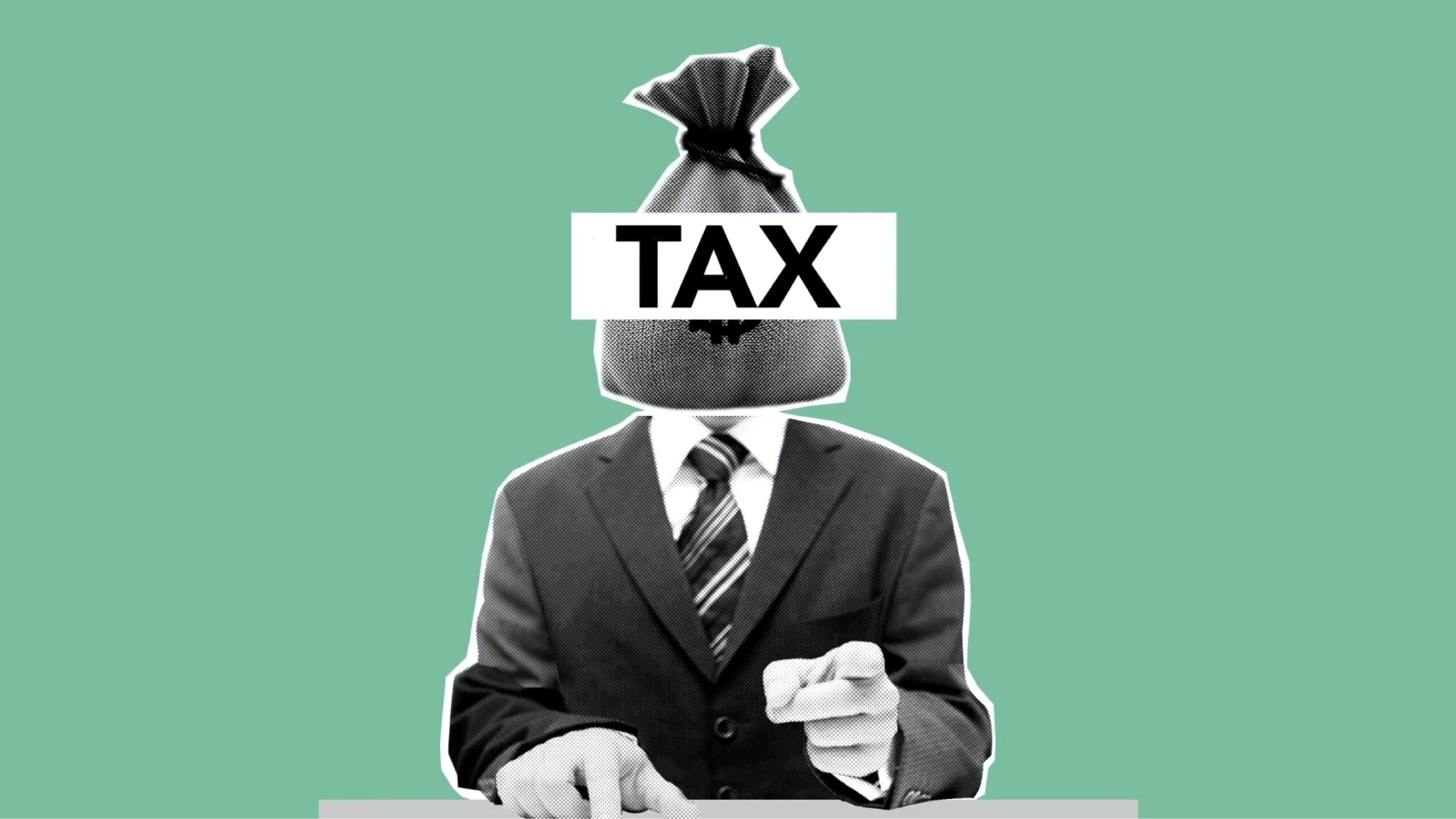The federal government has launched an ambitious tax drive aimed at doubling revenue over the next three years, targeting N32.9 trillion as opposed to the N10.1 trillion currently being realised. This drive to increase taxes comes at a time when the nation has become the poverty capital of the world, with rampant inflation and a virtually valueless currency.
Tax is supposed to be the price which is paid for a welfare state, but in Nigeria, the government does not provide any social services to citizens. Indeed, the current administration is removing government subsidies from virtually everything except the flamboyant luxury lifestyles of political office holders! There is no moral justification for the new approach of taxing poverty.
Taxes are supposed to have some basis in logic, compassion and service provision. In most developed nations the top five per cent of the population are usually responsible for most of the taxes. In Nigeria, the reverse is true with monumental unjustifiable tax waivers being given to those who are the richest!
The drive to increase taxes is built on the false premise that it is good for government to have more money. The record of government’s lack of probity and unrestrained financial recklessness at both state and federal levels is public knowledge. There is no amount of taxation that can recover the missing or squandered trillions.
NIGERIA DAILY: Why Rice Is Expensive In A Country Producing It
Kano anti-corruption move against Ganduje can Muhuyi Rimingado be fair?
With no serious efforts being made to tackle either corruption or outright theft of government funds, it is indefensible to be dreaming up new taxes to impoverish or inconvenience citizens. It’s a well-known fact that Ministries Departments and Agencies (MDAs) don’t remit withholding taxes deducted from contractors’ payments, and the Auditor-General of the Federation reported that the National Assembly, Presidency and the Economic and Financial Crimes Commission (EFCC) do not remit taxes!
The newest tax is the quite illogical requirement that Proof of Ownership of a motor vehicle is henceforth to be renewed annually at a starting cost of N1,000. This ill-considered initiative has given rise to several concerns and unanswered questions. Of major concern is that under existing law, legal ownership and evidence of ownership, means the original purchase receipt, showing the date, price paid and detailed description or serial number of the item in question, no other “proof of ownership” is required.
What is supposed to concern government is proof of registration and change of ownership. Government spokespersons refer to the annual renewal of Proof of Ownership documents as “… A new initiative that aims to streamline and enhance the process of vehicle ownership verification”, while claiming that it is in compliance with legal requirements fundamental to transparency, security and accountability within the transportation network.
They don’t bother to explain how simply charging and inconveniencing the public by annually renewing proof of ownership will “enhance the process of vehicle ownership verification”.
Moreover, they declared that the proof of ownership will be issued only after successful completion of the “necessary requirements and procedures” which of course were not outlined. The question arises that if an individual has evidence of ownership, but has not renewed the “proof” of ownership is he no longer the owner of the vehicle? if not, who now becomes the owner?
Many legal experts have observed that the National Road Traffic Regulation No. 101, Vol. 99, 2012 (as amended), which the Joint Tax Board used as a cover to implement the policy, doesn’t provide for any payment or annual verification of Proof of Ownership.
In truth, the explanations given by government to justify the policy simply don’t stand to reason. It makes no sense that in a situation in which neither the details, nor ownership, of a vehicle has changed, the owner should be asked to renew “proof of ownership”.
Without providing any evidence or explanation, the spokesperson for the Lagos State Ministry of Transportation said that “it means if anything happens to your vehicle in any part of the country it is traceable in terms of theft”. This is a ridiculous assertion because proof of ownership has always been in existence and never prevented theft!
By claiming that “it is only N1,000” officials revealed that the annual renewal is simply a poorly considered revenue generation scheme and is not about any well-thought-out policy to provide a service. Also of major concern is the fact that the proceeds of the new tax are to be shared between the Federal Road Safety Corps, state governments and unidentified “consultants” engaged for the exercise. Who are the consultants? Why did the ministry require “consultants” simply to introduce annual fees? What is the scope of their involvement? How much of the proposed N12 billion expected income will they be paid? It’s no secret that the payment of opaque “Consultancy Fees” by government is a major avenue for siphoning public funds. What are directors and permanent secretaries in the ministries paid to do if consultants are required to conceptualise such simple schemes?
The National Assembly must look into the matter because it sets a bad precedent. If unchallenged it may lead to a situation in which all government-issued documents such as birth certificate, National Identity Number, Marriage Certificate, Death Certificate, Certificates of Occupancy and so on, become annually renewable. Government is better advised to look towards serious cost-cutting just like all other Nigerians, and not operate under the assumption that it can implement taxation policies with no basis in logic.

 Join Daily Trust WhatsApp Community For Quick Access To News and Happenings Around You.
Join Daily Trust WhatsApp Community For Quick Access To News and Happenings Around You.